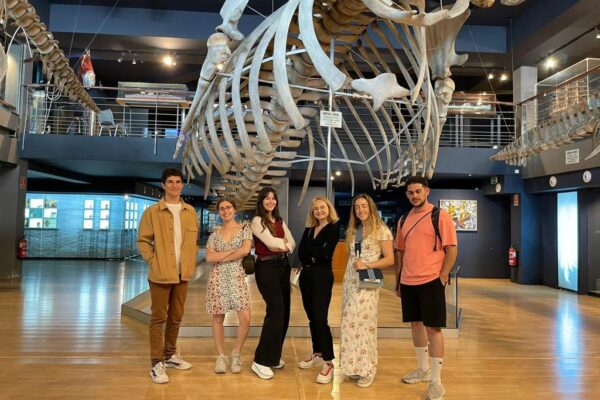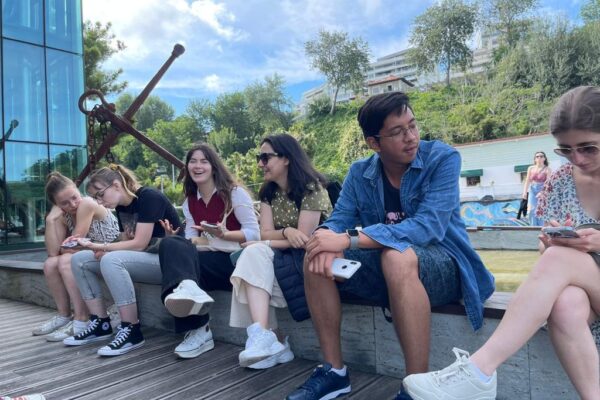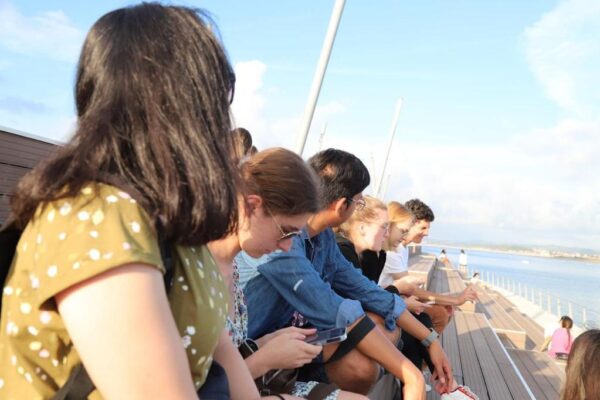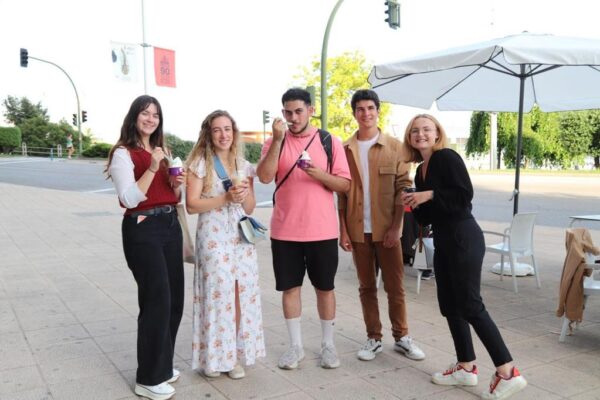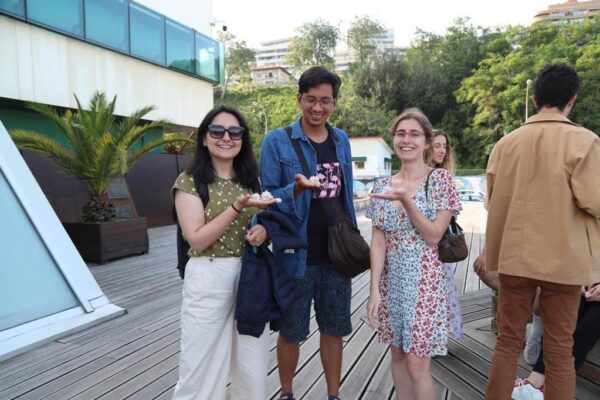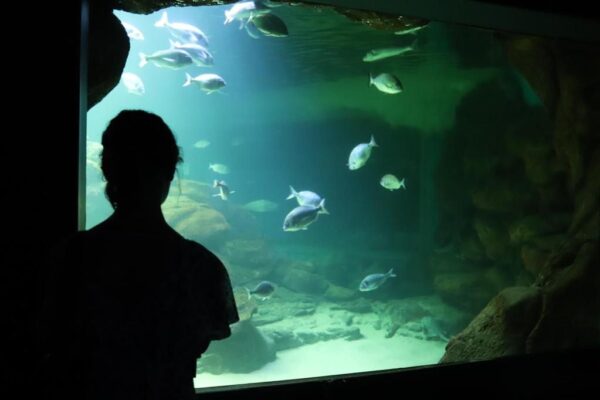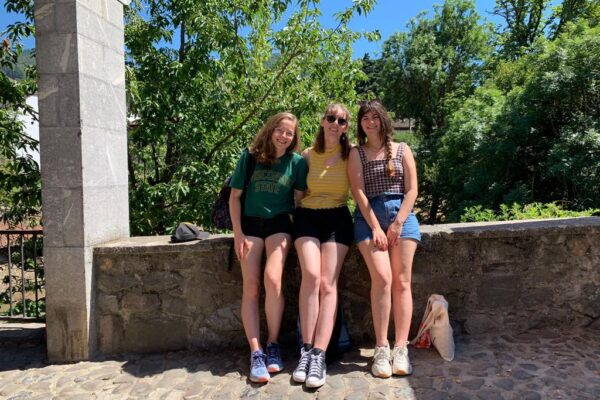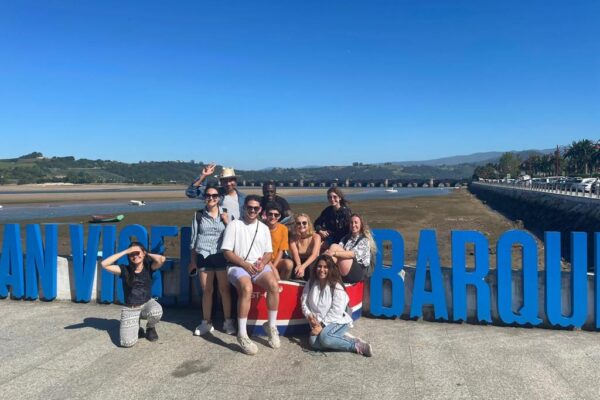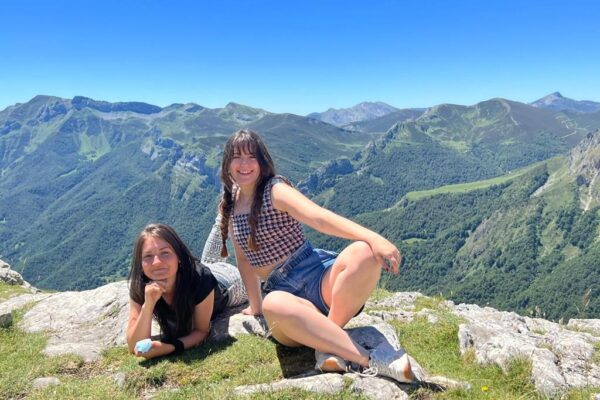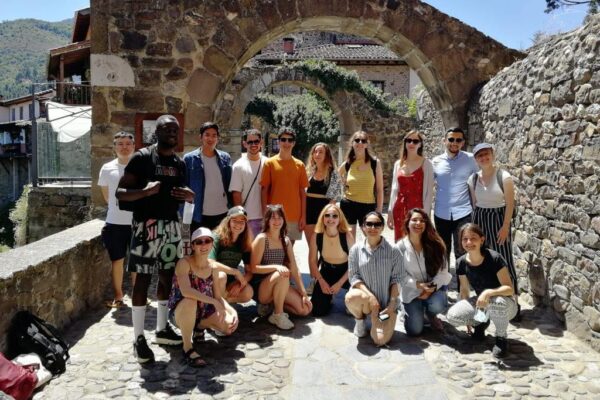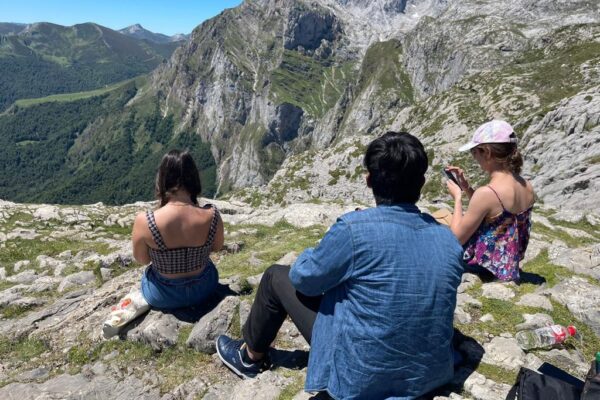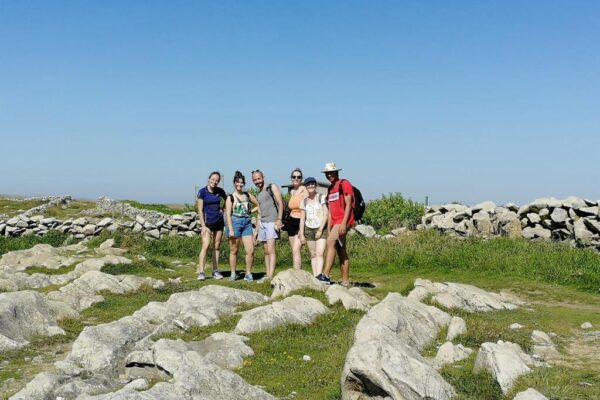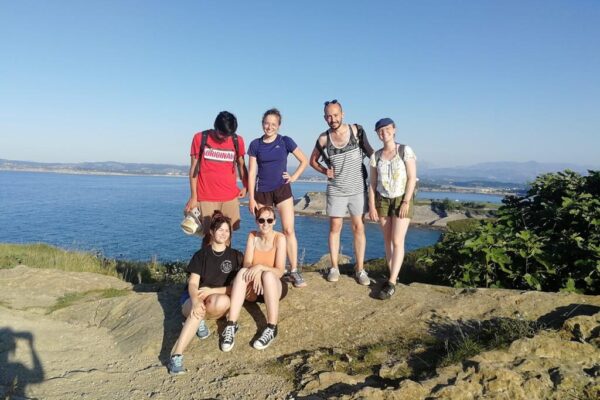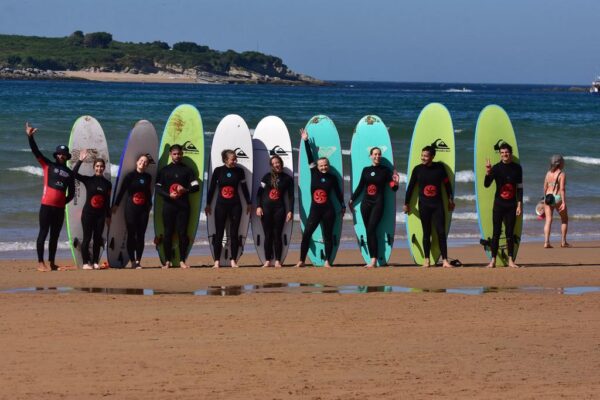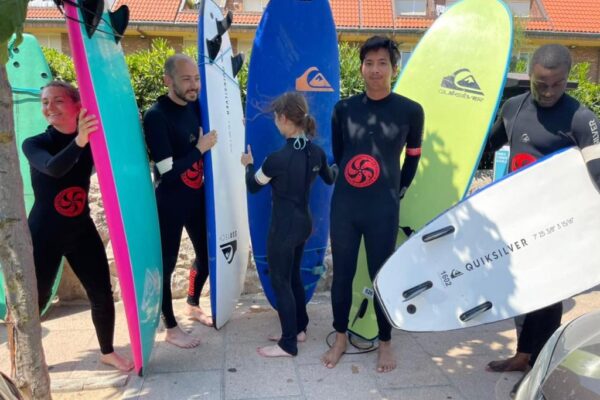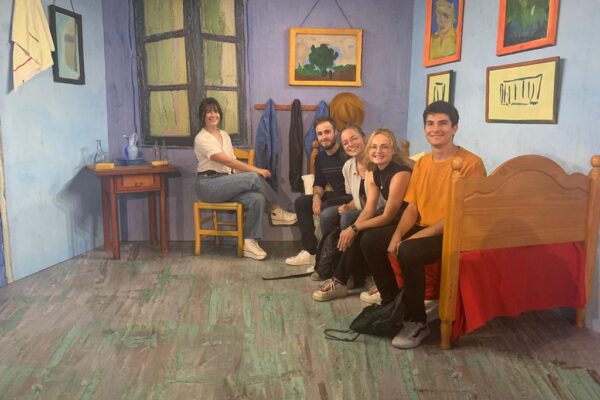Marta Gómez, Academic Director for Internationalisation at Home at the University of Cantabria (UC), gave a positive assessment of this year’s edition, which just came to an end after two weeks of lectures in Santander, northern Spain, and activities throughout the region of Cantabria.
Over 40 students followed this blended intensive programme in this Spanish university, of which 16 travelled from other EUNICE countries and from the USA.
EUNICE’s course on Introduction to Global Studies ended today after two weeks of lectures on Globalisation, a concept which has been approached from different disciplines such as health, culture, environment, migrations or business. This blended intensive programme, which took place at the University of Cantabria (UC), in the Spanish city of Santander, and was coordinated by Professor Adolfo Cosme Fernández, gathered nine lecturers and 43 students from the seven EUNICE universities and from the University of North Carolina at Charlotte (USA). In line with EUNICE’s commitment to the European values of openness and multiculturalism, Marta Gómez, Academic Director for Internationalisation at Home at UC, highlighted that having “students from different countries working and living together made the experience worthwhile.”
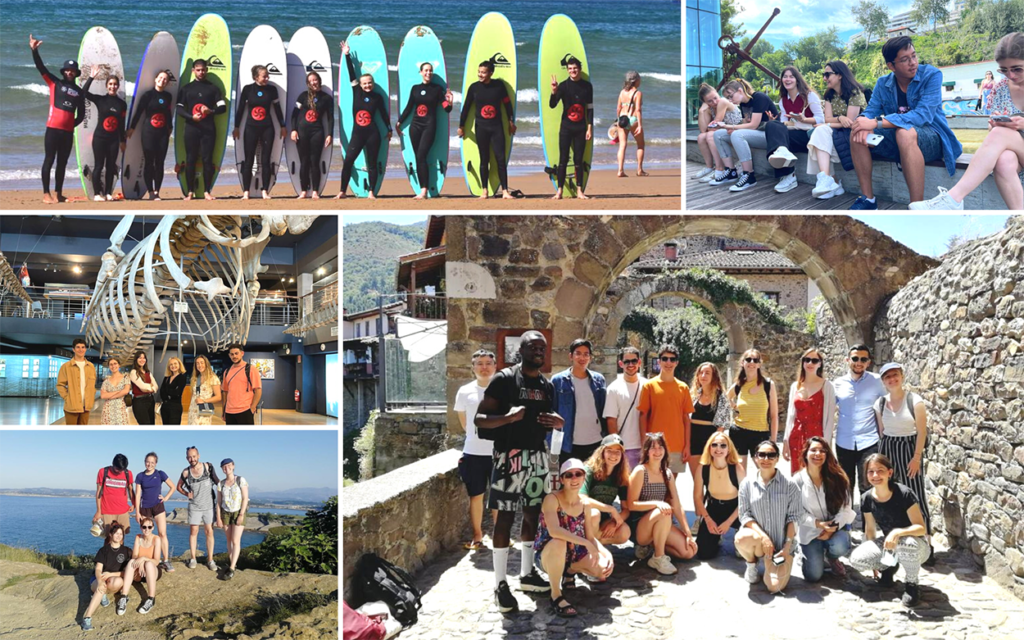
The students were also given the opportunity to participate in cultural, sport and leisure activities throughout the region of Cantabria, and 14 out of 16 foreign students were hosted by local families, which, in words of Azad Thapa, student of the Master’s Degree in World Heritage Studies at Brandenburg University of Technology (Germany), gave them the possibility to get “to know the culture better and how the way of life is in Spain.” Laura Crevits, student of the Master’s Degree in Conference Interpreting at the University of Mons (Belgium), also appreciated the opportunity she had “to discover a new culture and to meet people from all over Europe.”
Marina Díez, student of the Bachelor’s Degree in Teaching at the University of Cantabria (Spain), emphasised the contents of the course and how the different topics were all “interrelated,” even those which “seemed so far away” from each other, stating that “it was not only an international course but also a multidisciplinary course.” The contents were also the main reason for Mbolo Eliot to enrol this intensive course. He is a PhD student in Respiratory Physiology as well as an assisting teacher at the University of Mons (Belgium) and wanted to get closer to different approaches to the concept of globalisation so that he could “implement” part of those learnings into his own lectures, even though the topics were “not directly connected to my discipline.”
The faculty team of this programme was integrated by Emmanuel Sukadia Sukadi from University of Mons (Belgium), Stefania Panebianco from the University of Catania (Italy), Jesús Á. González, María E. Maza and Félix J. Sangari from the University of Cantabria (Spain) –all of them, EUNICE partners–, and Charles Houck and Dale Smith from the University of North Carolina at Charlotte (USA).
About EUNICE
EUNICE, the European University for Customised Education is nurtured by seven universities’ intellectual and infrastructure input –Poznań University of Technology (Poland), Brandenburg University of Technology (Germany), University of Cantabria (Spain), University of Mons (Belgium), University of Catania (Italy), Université Polytechnique Hauts-de-France (France) and University of Vaasa (Finland)–.
This alliance, born from the European Universities initiative and funded by the European Commission, is building a solid network of interactions between educational institutions and other agents to work on social and economic challenges.


